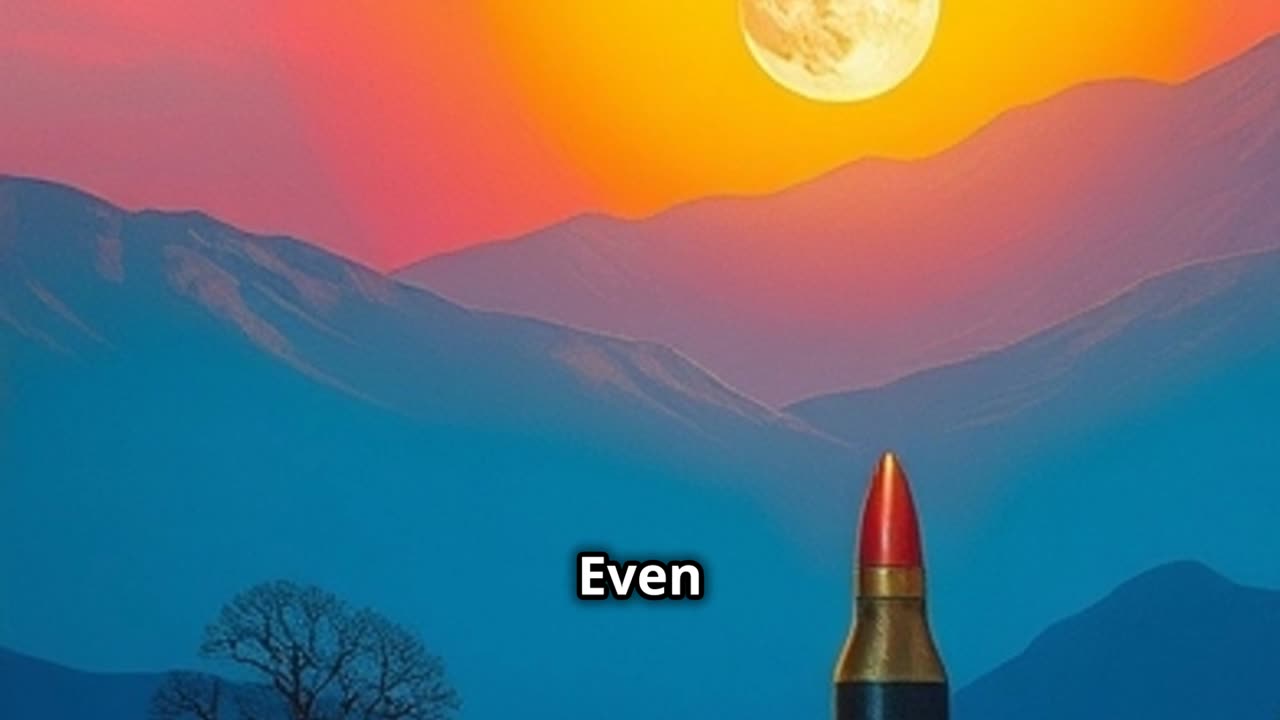Premium Only Content

Nuclear Power Plants, Nuclear Bombs, Nuclear Industry Censorship, Compartmentalization, lies Secrecy
BOOK LINK https://amzn.to/3APNw9OMy book, 'Nuclear Extinction Event Is Killing Our Families: From Manhattan to Meltdown: Exposing the Radioactive Legacy, 'delves into the radioactive legacy left by the Manhattan Project and its impact on public health. BOOK LINK https://amzn.to/3APNw9O
The Manhattan Project, a secret U.S. World War II program, developed atomic bombs using over 130,000 workers across multiple sites. It resulted in the bombings of Hiroshima and Nagasaki in August 1945, causing Japan's surrender and ending World War II. The bombings killed over 200,000 people by 1945's end, with survivors facing long-term health effects. Nuclear Incidents and Censorship
Nuclear incidents often involve information control and censorship. For example, in Fukushima Daiichi (2011), the Japanese government monitored online reports and social media, while TEPCO delayed disclosing reactor meltdowns.
Kursk Submarine (2000): Russian authorities tightly controlled information, restricting media access and editing official broadcasts.
Mayak Facility (2017): Russian authorities initially denied the release of ruthenium-106 detected across Europe.
Nuclear Industry Influence
The nuclear industry's influence extends to media, policy, and research: Opposition to nuclear power faces systematic censorship.
The actual cost of nuclear power and long-term environmental impacts are often minimized.
Government subsidies and limited liability support the industry's economic viability.
Ongoing Challenges
Nuclear technology presents several ongoing challenges: Waste Management: Safe, long-term solutions for nuclear waste storage still need to be discovered.
Proliferation Concerns: The dual-use nature of nuclear technology complicates international relations.
Health Effects: Long-term health impacts of nuclear accidents should be studied more due to funding constraints and data access issues.
The nuclear industry's influence and censorship practices continue to shape public perception and policy decisions regarding atomic energy and its consequences.
-
 3:14:33
3:14:33
Joe Donuts Gaming
5 hours ago🟢 Live : Christmas is Here!! | Fortnite, Caroling, Light Tours and Donos !!
22.4K7 -
 LIVE
LIVE
CLUJ
4 hours agoCHRISTMAS EVENING HYPE!! LETS HAVE FUN GAMING!!
736 watching -
![I AM FINALLY BACK :: PUBG: BATTLEGROUNDS :: RUMBLE NOW HAS GIFTED SUBS!!! [Merry Christmas] {18+}](https://1a-1791.com/video/fwe1/22/s8/1/e/f/C/6/efC6v.0kob-small-I-AM-FINALLY-BACK-PUBG-BATT.jpg) LIVE
LIVE
a12cat34dog
6 hours agoI AM FINALLY BACK :: PUBG: BATTLEGROUNDS :: RUMBLE NOW HAS GIFTED SUBS!!! [Merry Christmas] {18+}
129 watching -
 3:55:42
3:55:42
STARM1X16
6 hours agoMerry Christmas Fortnite
35.2K3 -
 2:45:33
2:45:33
Sgtfinesse
6 hours agoMerry Christmas Night
38.4K15 -
 LIVE
LIVE
tacetmort3m
22 hours ago🔴 LIVE - (MERRY CHRISTMAS) TIME TO SPREAD DEMOCRACY - HELLDIVERS 2 OMENS OF TYRANNY
85 watching -
 12:42
12:42
Cooking with Gruel
20 hours agoBrown Butter Trifle with Salted Caramel and Cinnamon Apple
14.4K3 -
 2:46
2:46
BIG NEM
9 hours agoDiscovering RAKIJA: The Holy Liquer of the Balkans
11.8K2 -
 1:11:38
1:11:38
Film Threat
14 hours agoCHRISTMAS DAY CHILL STREAM WITH CHRIS GORE | Hollywood on the Rocks
134K30 -
 14:22:40
14:22:40
The Quartering
1 day agoYule Log Christmas MAGA Edition With Memes! Come Hang Out!
224K29